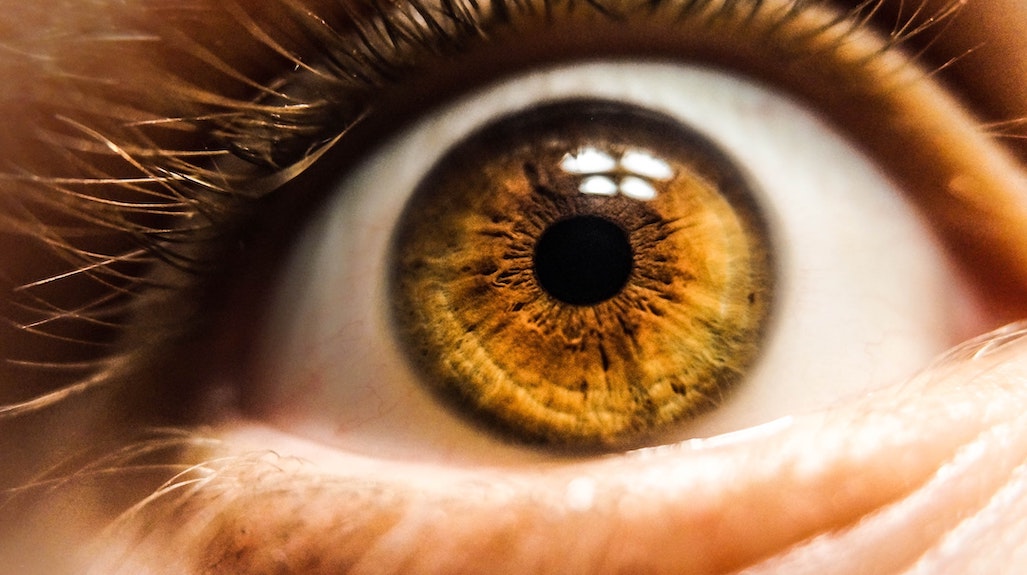With facial recognition becoming increasingly sophisticated, it will soon be possible to monitor an entire population with minimal effort, discouraging people from participating in political protests and social movements, writes Manal al-Sharif.
Last year, 7-Eleven in Australia collected the facial prints of 1.6 million customers without their knowledge or consent. The company was not fined.
And now the Office of the Australian Information Commissioner (OAIC) is investigating Bunnings and Kmart over facial recognition. Privacy advocates say that with lack of governance, there is not much hope for fines. The private sector will continue extracting and abusing freely.
Facial recognition technology violates fundamental human rights such as the right to privacy and self-determination. And if you still don’t care about your privacy, you should care about the collective harm that such practices inflict on freedom of expression, peaceful assembly, civil liberties and democracy in general and will do so for generations to come.
Here are my concerns about the state of facial recognition in Australia, hoping these concerns help inform the public and push to demand protective laws:
It is not regulated: This leaves the door wide open for abuse from government and the private sector. Whatever laws are in the making, they will not be enforced retrospectively. The damage already that is done will not lead to the prosecution of those responsible. So there is a race to collect as many facial prints (and other forms of biometric data) before any bill is passed. Right now we are left on our own to resist the extraction and abuse of our facial prints.
It endangers democracy: Australia stands out as the only democracy that uses facial recognition technology to enforce COVID-19 restrictions. History shows that the expansion of state powers at the time of crisis is dangerous, as those powers are difficult to roll back later. European citizens who lived under the all-knowing state are vocally opposed to the use of facial recognition. Australians, with no recent memory of the same historical oppressions, complied with no question asked.
It is a stealthy attack on your civil liberties: Private biometric data collection companies provide a workaround to law enforcement to access facial prints en masse without a warrant, reasonable grounds, or judicial review. PatronScan, and other private facial recognition technologies used in Australia, have partnerships with law enforcement. The same time they collect customers’ facial prints, they share all with the police. Home Affairs has a database of facial prints that in the making since 2016. This database is not governed by any law. Again, there is no law that governs the collection and processing of facial prints here.
It is shared with third parties: Second Use of Data means that the data collected is used for different purposes or by third parties. The purported use might sound innocent, such as venues saying they are protecting customers and preventing minors from drinking. But behind closed doors, this data is used for deep facial analytics, combined with other data to create accurate profiles about our habits for further targeting. It is worth mentioning that your data is currently shared with non-Australian companies, including companies in Russia and China.
It threatens the freedoms essential for healthy democracy: With facial recognition becoming increasingly sophisticated, it will soon be possible to monitor an entire population with minimal effort, discouraging people from participating in political protests and social movements. In a chilling example, the Chinese government is using facial recognition empowered by AI to identify and classify any person who steps out in public. Such technology combines the whole history and activities of that person and can predict any political dissent before it happens. China is investing heavily in AI, calling it the future, and exporting this technology to other totalitarian regimes. Soon China will have total control over a nation of a billion people. If you have watched Minority Report, we are not far from making that dystopian future a reality.
It is biased: Current facial recognition technology has a high rate of false positives when identifying people of colour, transgendered people, and women. So with such a faulty technology being used for decision making, the door is wide open for false arrest and discrimination. Facial recognition algorithms are trained with biased data, which means automating those biases and affecting marginalised and vulnerable groups the most.
It is the first step towards authoritarian systems: So when you see how Europeans are vocally against the tech of mass surveillance, that’s just the historical trauma of living under the all-knowing state.
It is a high security risk and makes you open to identity theft and fraud: You can change your password, but you can’t change your face. Once stolen or lost, cyber criminals can use facial print to commit identity theft and associated fraud.
Manal Al-Sharif: Australia’s new surveillance laws remind me of home
It treats every Australian as a criminal: When you scan and catalogue the profiles of every person walking into your store, you are conveying that everyone as a criminal unless proven otherwise. Facial recognition technology is unlike CCTV. Facial recognition, empowered with AI, operates in real time profiling and predicting customers’ behaviour, generating real-time decisions and alerts for action.
It facilitates asymmetric relationship with technology: When you don’t know when your data is been collected, when you don’t give your consent, when they don’t apologise later once you find out, when you have no idea who has access to your data, for how long it is kept and for what purposes it is used, that leaves you in a vulnerable state. Companies are convincing you that your facial prints are not important, you can trade that for convenience, but if it’s not that important, why the obsession with collecting every piece of data in such deceiving ways? Something is not right here!
If you wish to read more about why private facial recognition must be banned, here is a good piece by Fight for the Future advocacy group.
Manal al-Sharif is an author, speaker, human rights activitist and a regular contributor to international media. She has written for the Time, the NY Times and Washington Post. Her Amazon bestseller memoir, Daring to Drive: a Saudi Woman's Awakening, is an intimate story of her life growing up in one of the most masculine societies in the world.
Manal is a cybersecurity expert and host of the tech4evil.com podcast that discusses the intersection of technology and human rights.

